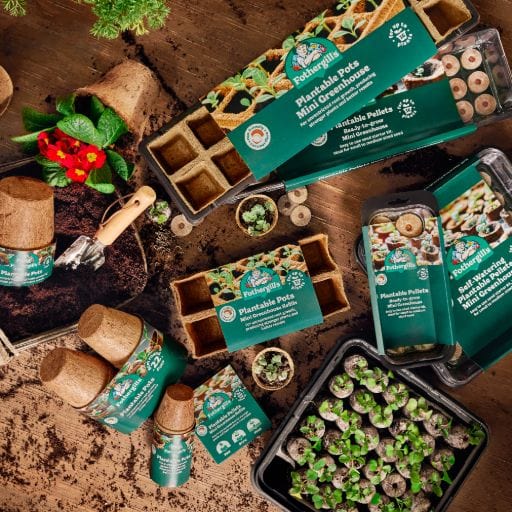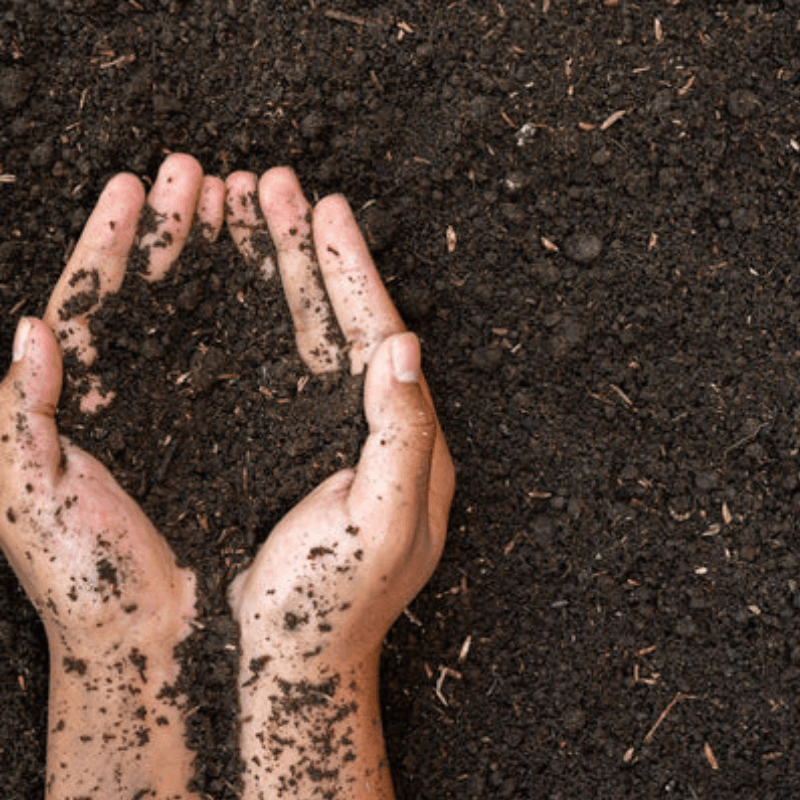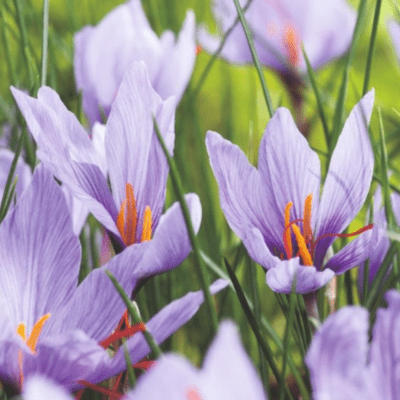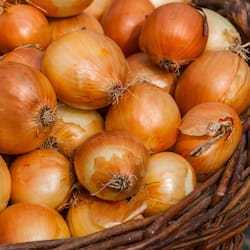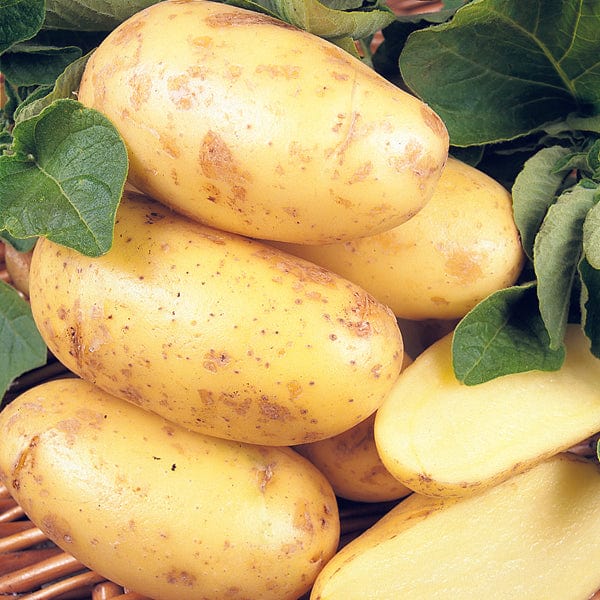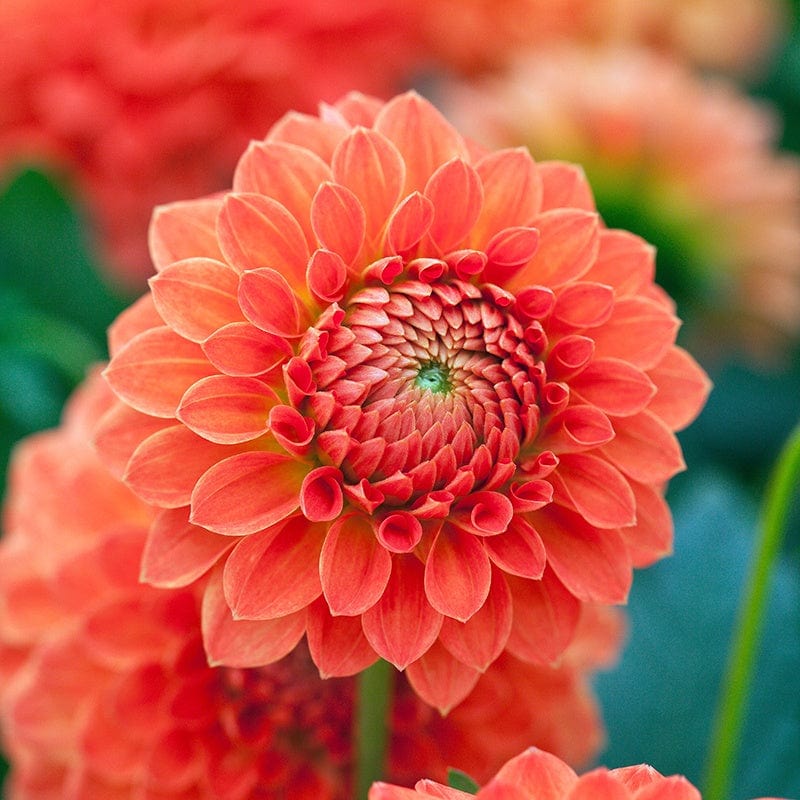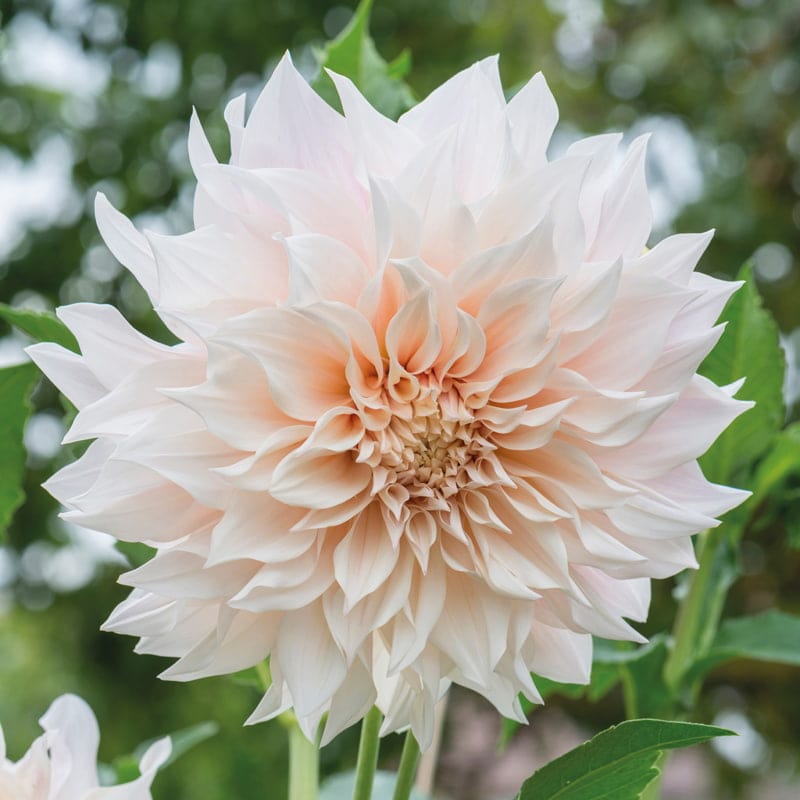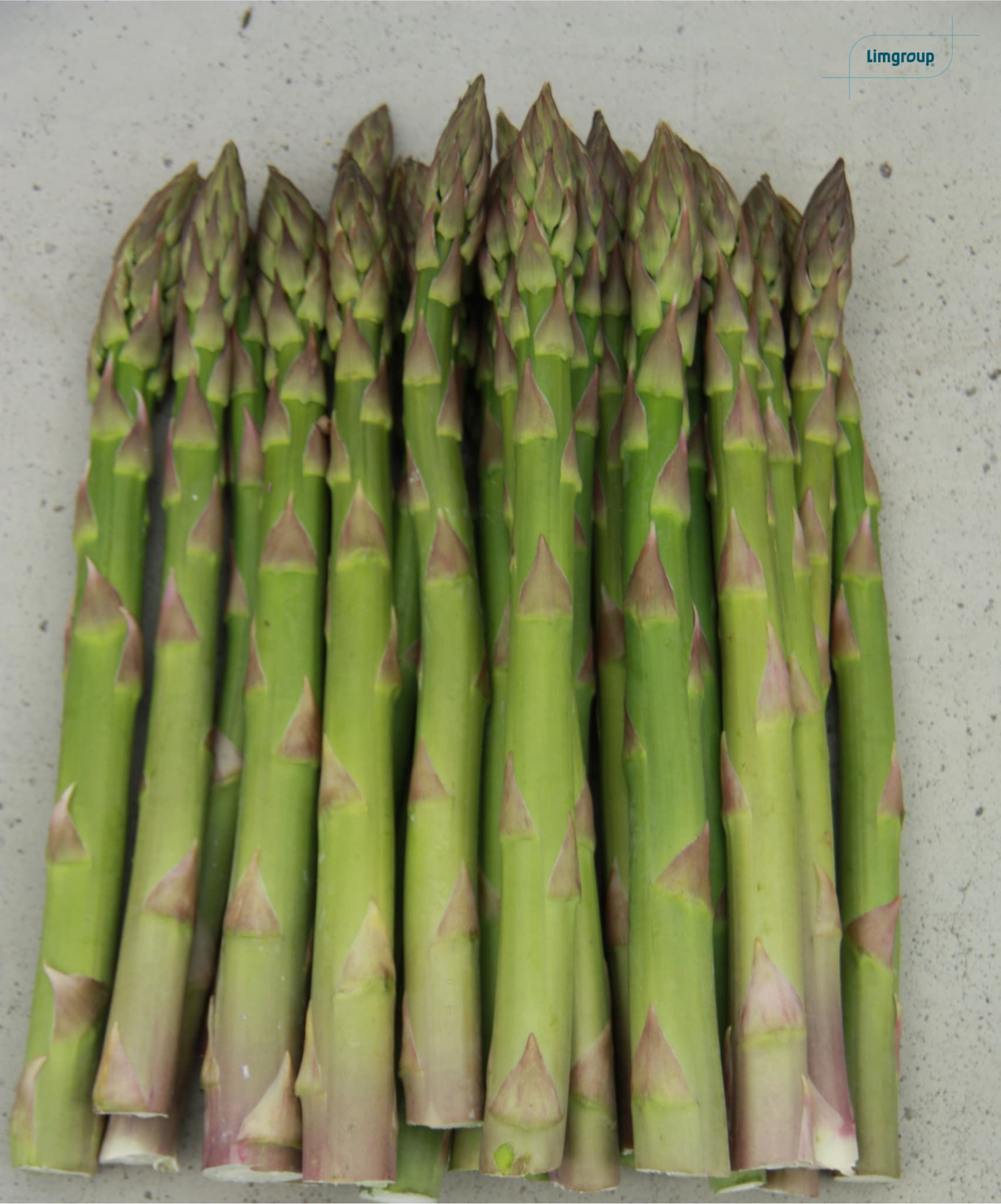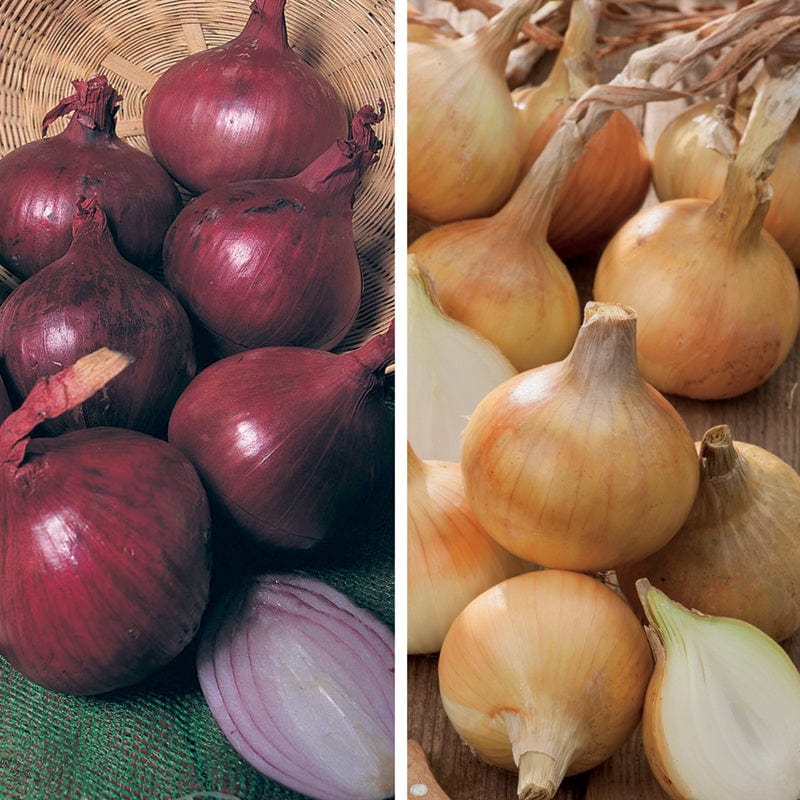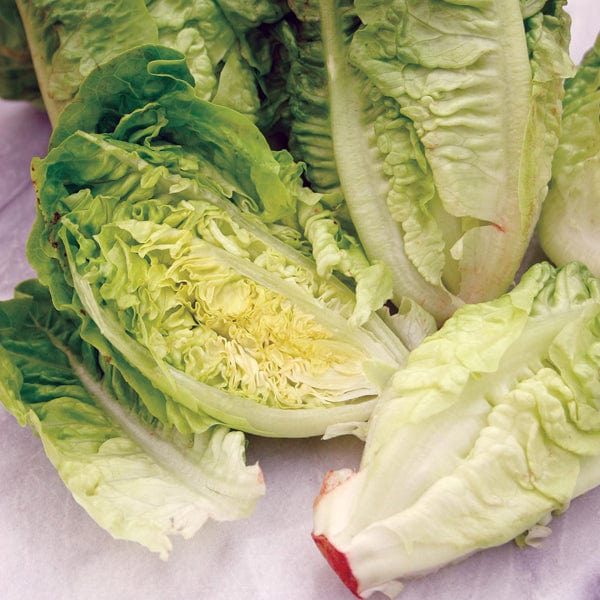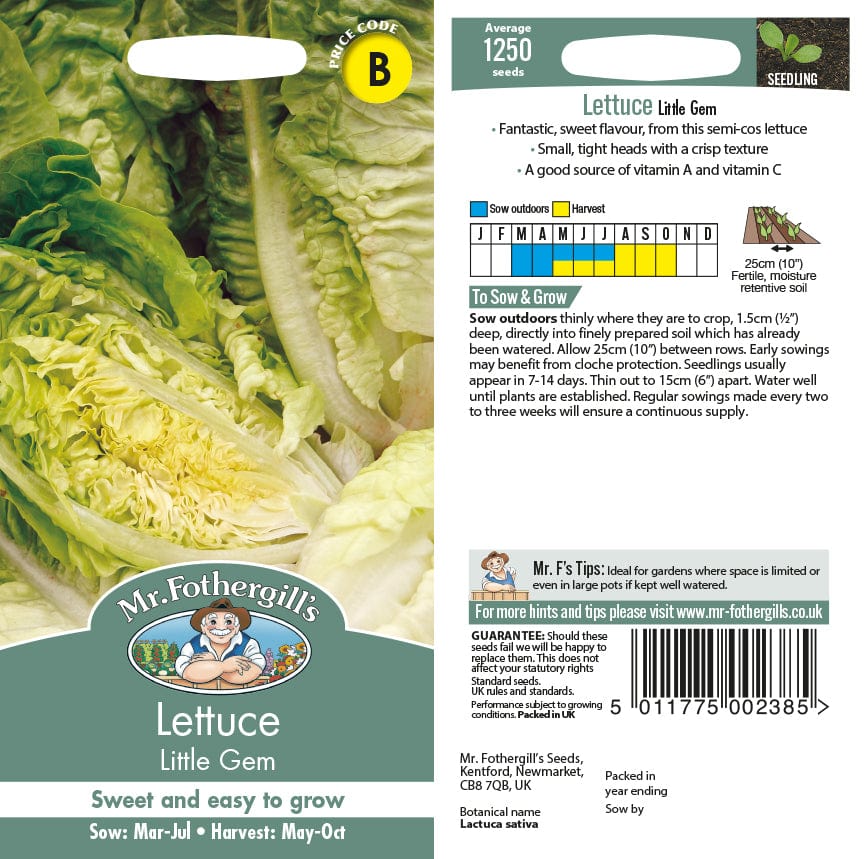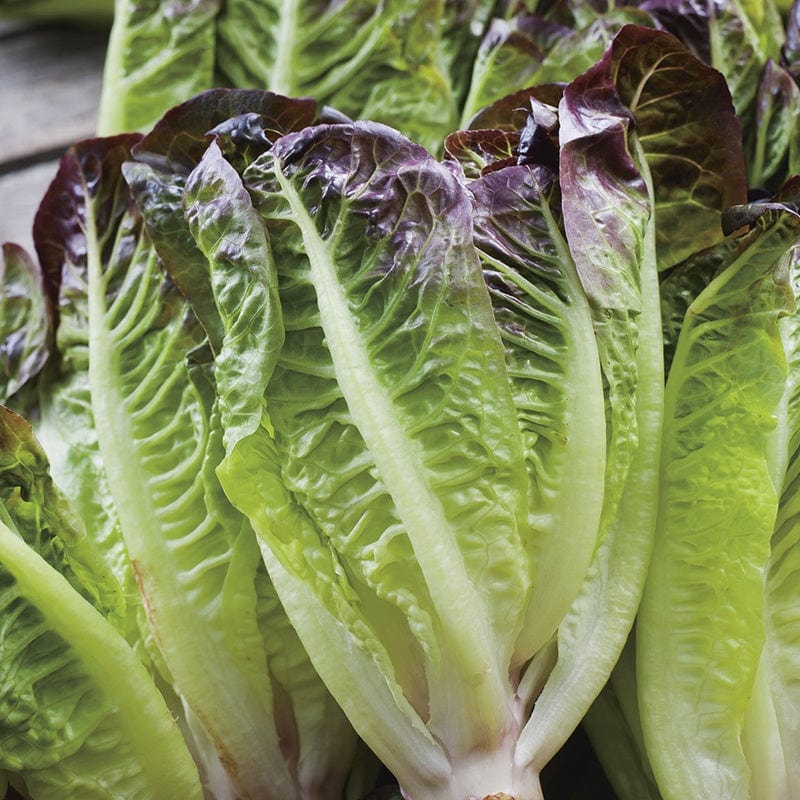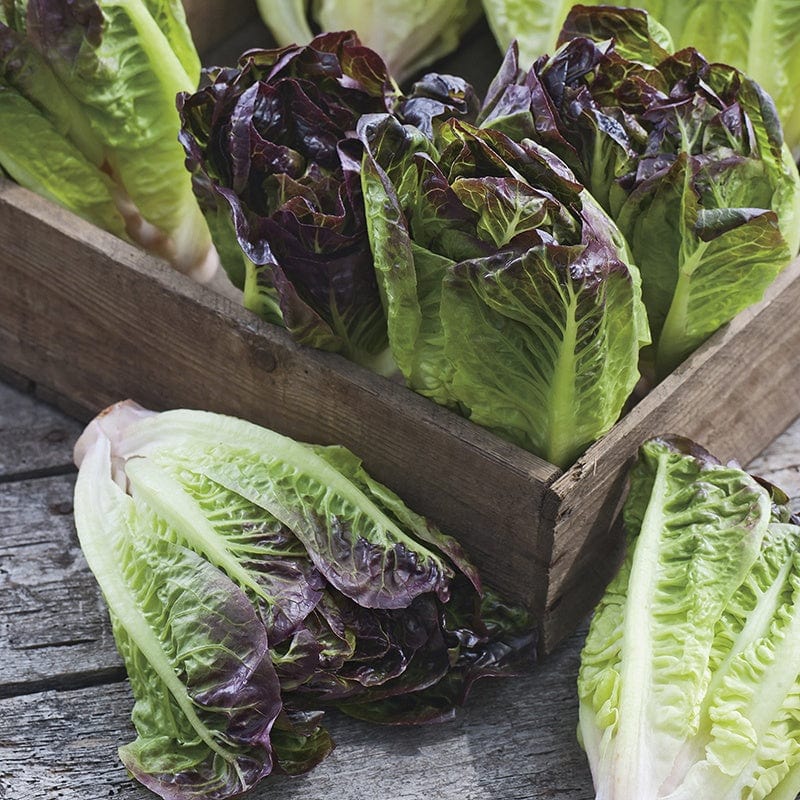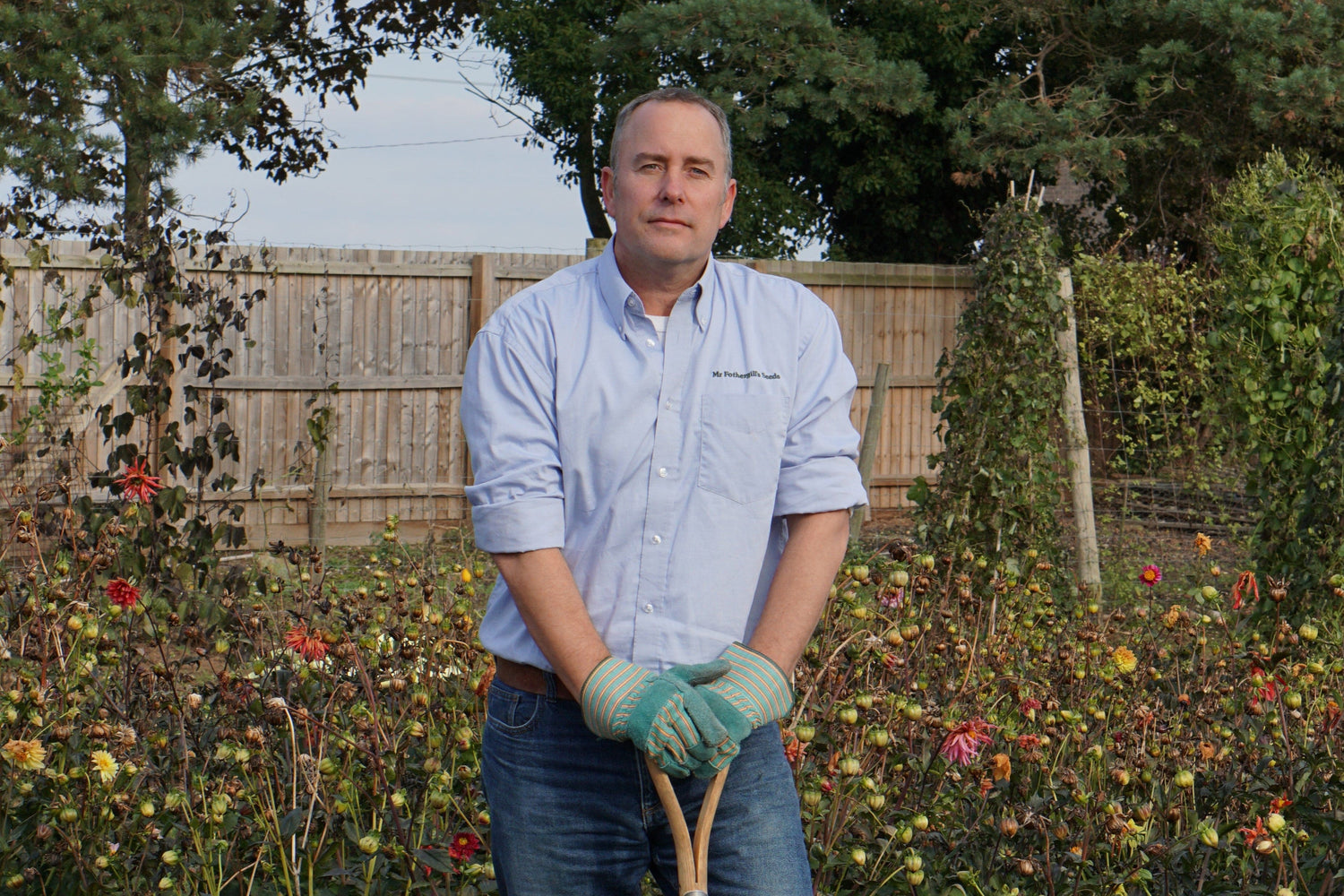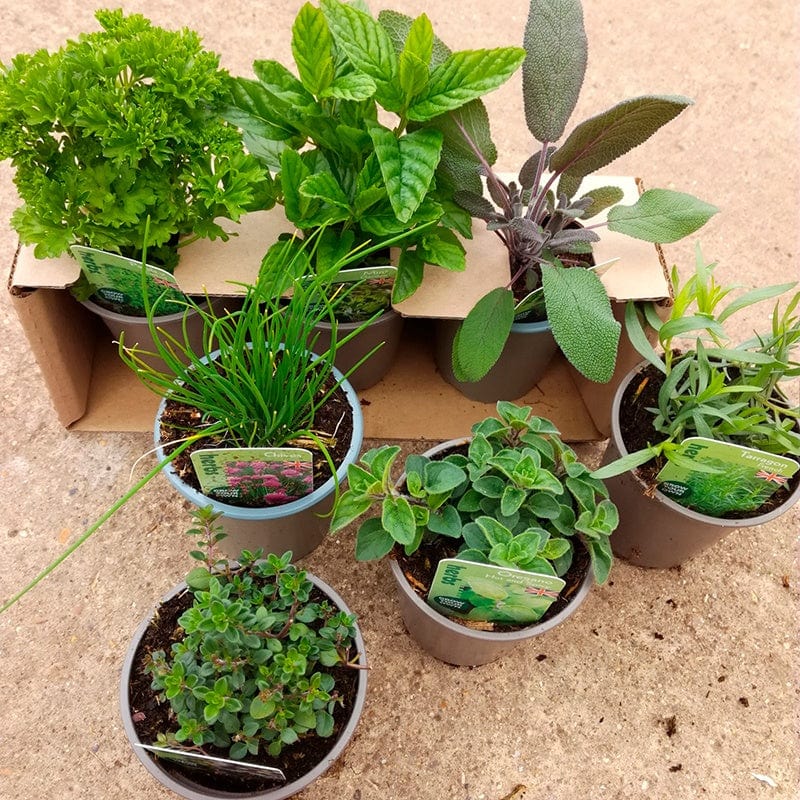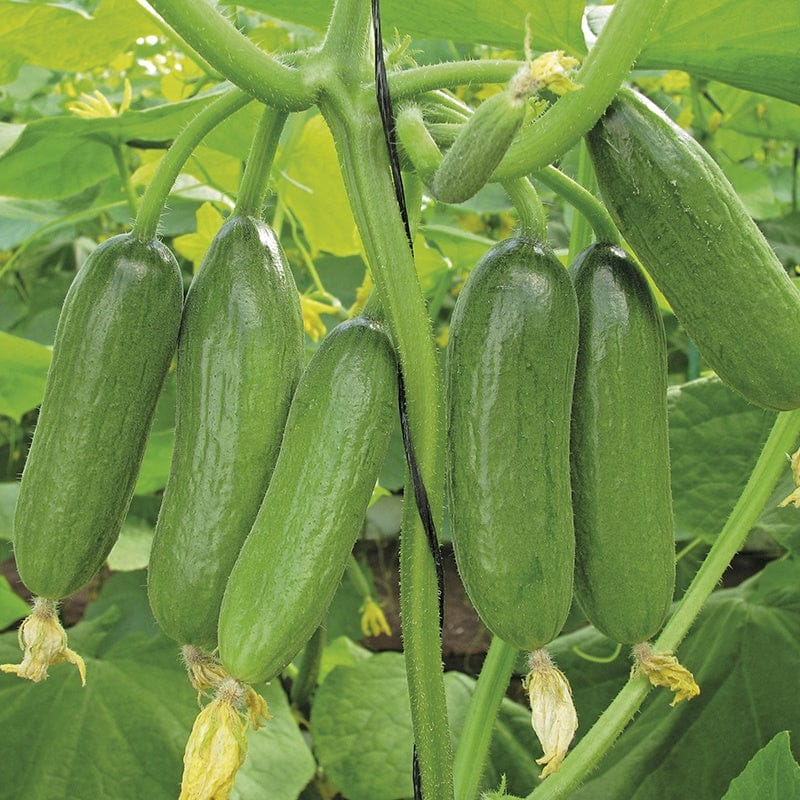When to sow lettuce seeds in the UK
Wondering when to sow lettuce seeds in the UK? Well, we recommend that you make the earliest sowings under cover from late winter to grow on in greenhouse or hoop house beds for a super-early harvest. Then from early spring, it’s time to sow for growing outside. Sow in batches, about once a month, for a continuous harvest. The last sowing of the season, made at the end of summer, will be of winter lettuces.
Direct sowing lettuce
Sowings may be made directly into prepared soil or into module trays of multipurpose potting soil. To sow directly, remove any weeds then rake the soil level to a fine, crumbly texture. Mark out shallow drills, 8-12 inches or 20 to 30cm apart, using a string line as a guide if this helps.
Then, sow the tiny seeds in clusters – a pinch of seeds every 4in or 10cm. Backfill the seed drills, and label them with the variety and water. Thin the seedlings once they’re up to leave the strongest plant at each point. Then a few weeks on, thin again to leave plants 8-12 inches - or 20-30cm - apart.
Sowing into plug trays
We’ve all dealt with not having enough room in our gardens for new plants, but there’s always a way around it!
You want to give your lettuce the space it deserves, so why not get them started in plug trays and plant them in your garden further down the road?
You’re going to want to fill the plug trays with soil then sow a pinch of about 3-5 seeds into each plug, onto the surface. Cover the seeds with the very finest layer of potting soil, then water the trays by placing them into reservoirs of water so they can soak up moisture from the bottom.
Remove the trays once you can see that the surface is damp, then continue to water whenever the potting soil dries out at the surface. Starting lettuces off in plug trays stops those pesky slugs from eating your seedlings, whilst also offering neater results at planting time.
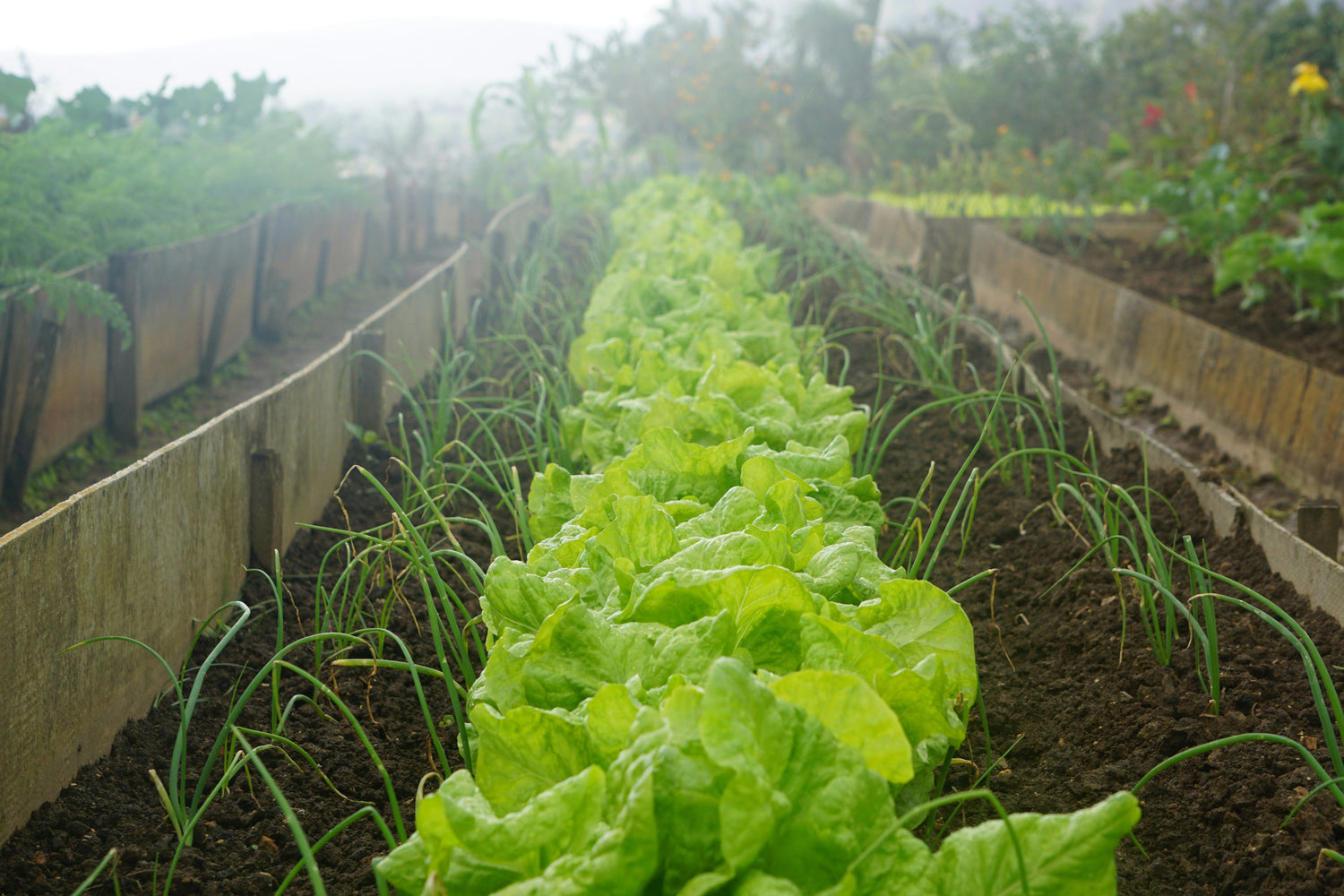
 How to Grow Lettuce
How to Grow Lettuce
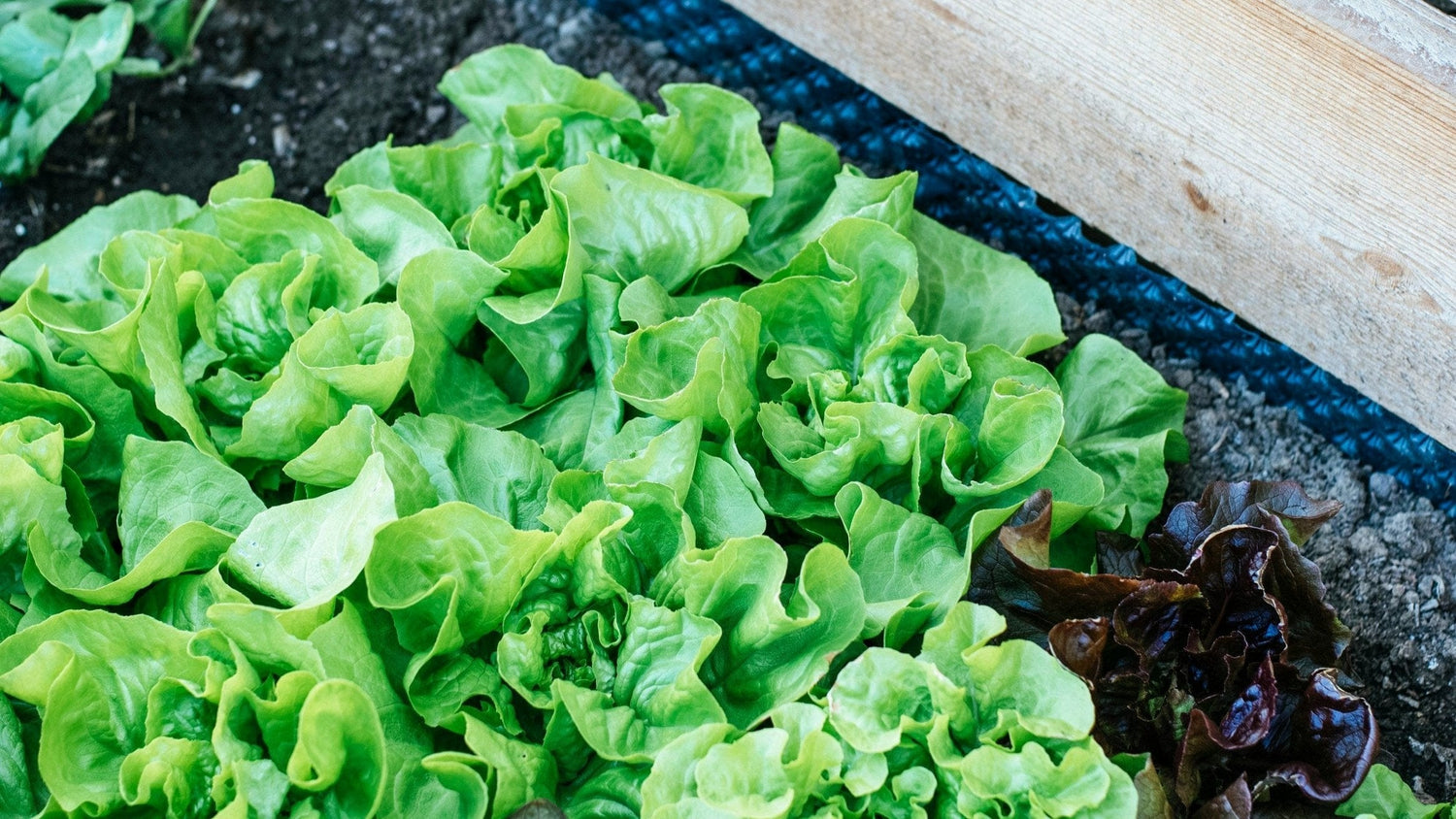
 Soil Preparation
Soil Preparation
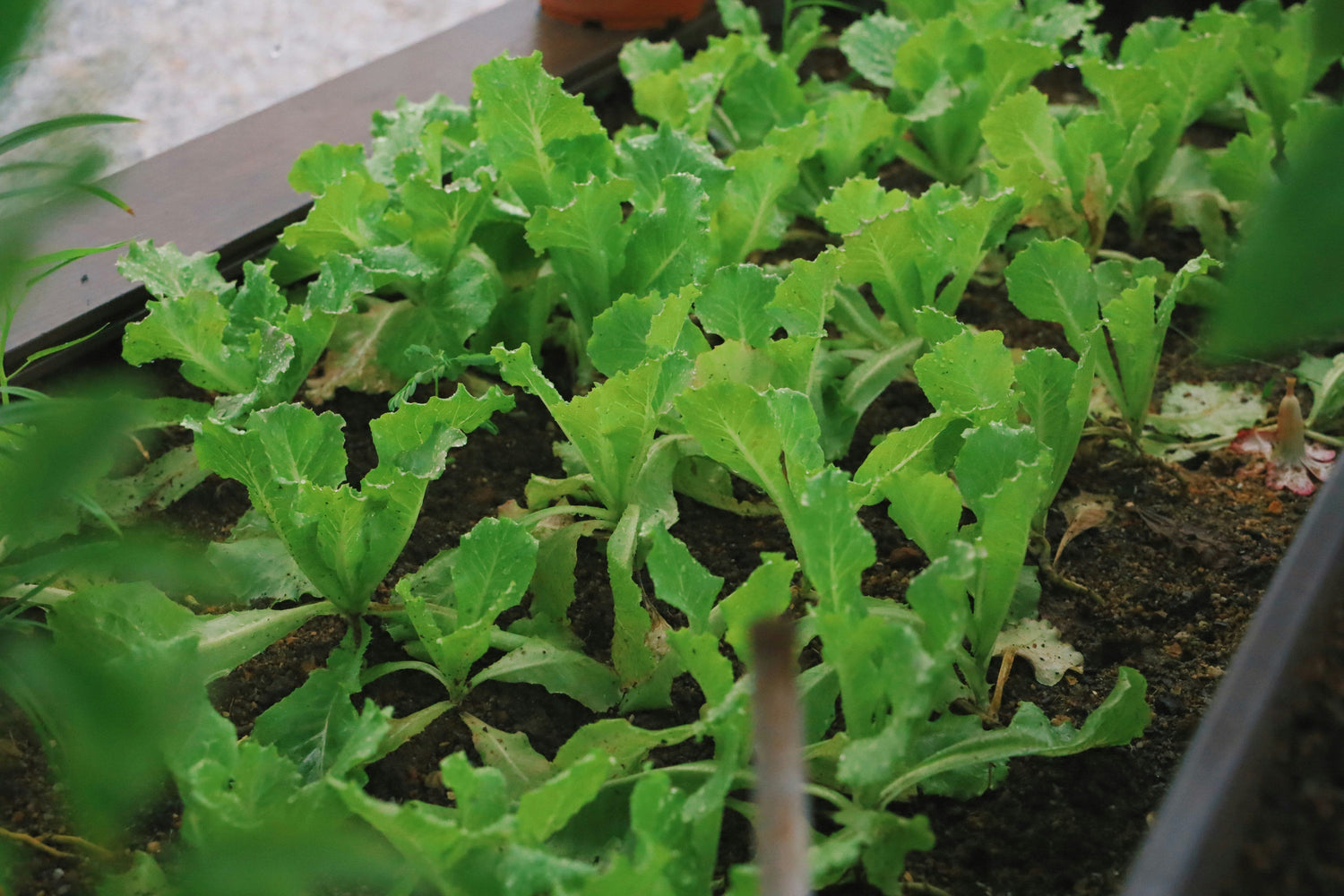
 Sowing
Sowing
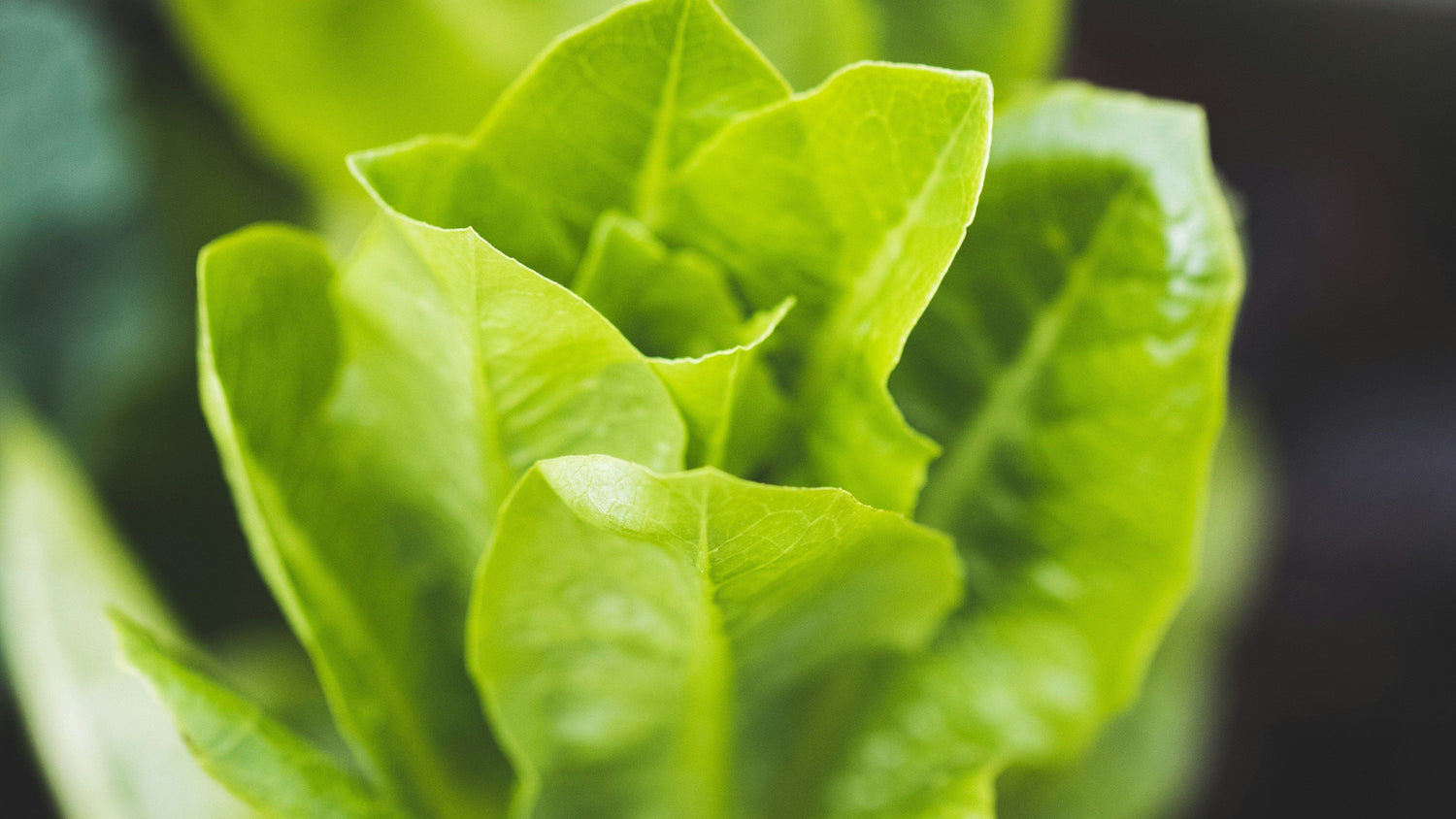
 Planting
Planting
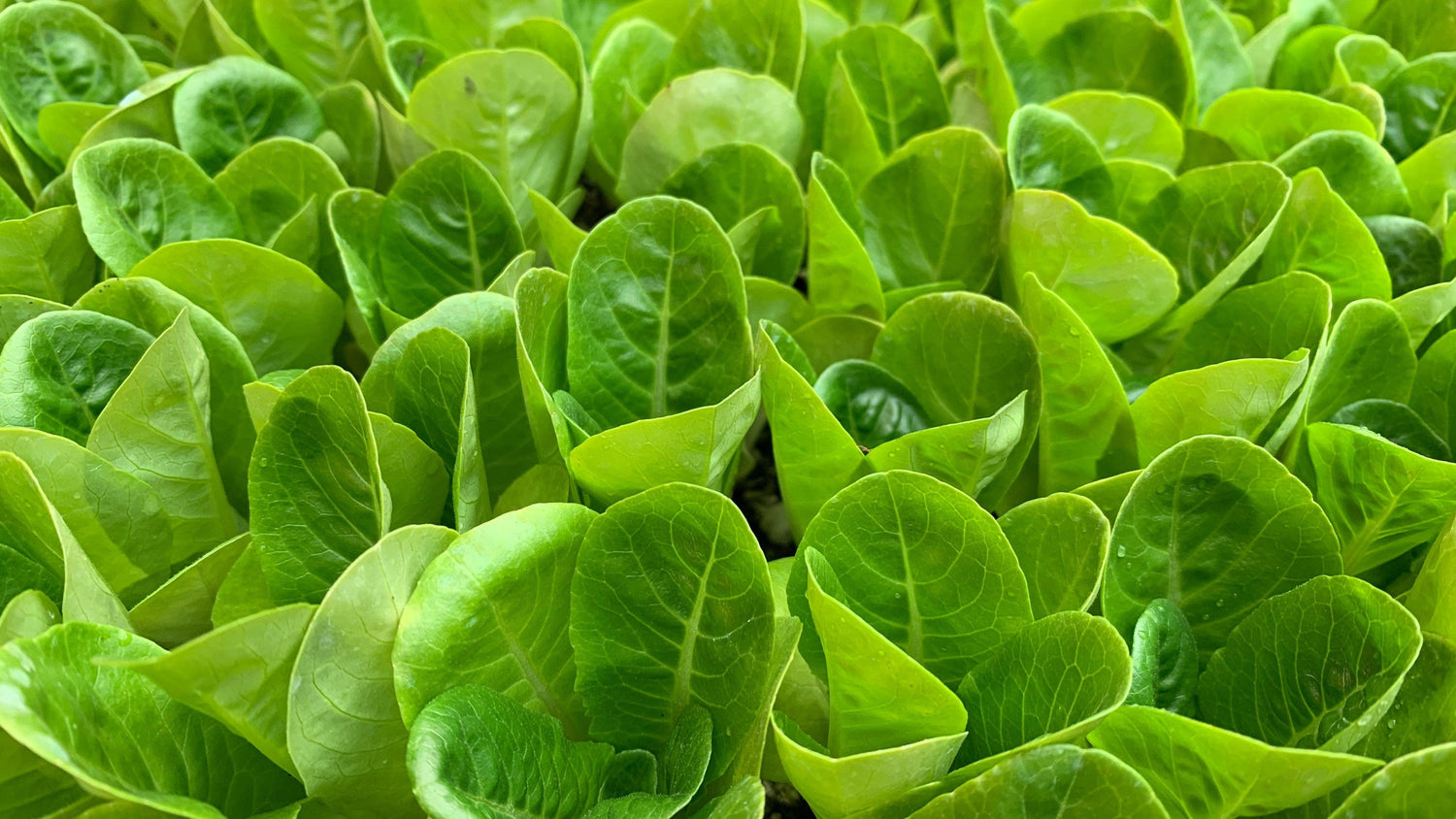
 Plant Care
Plant Care
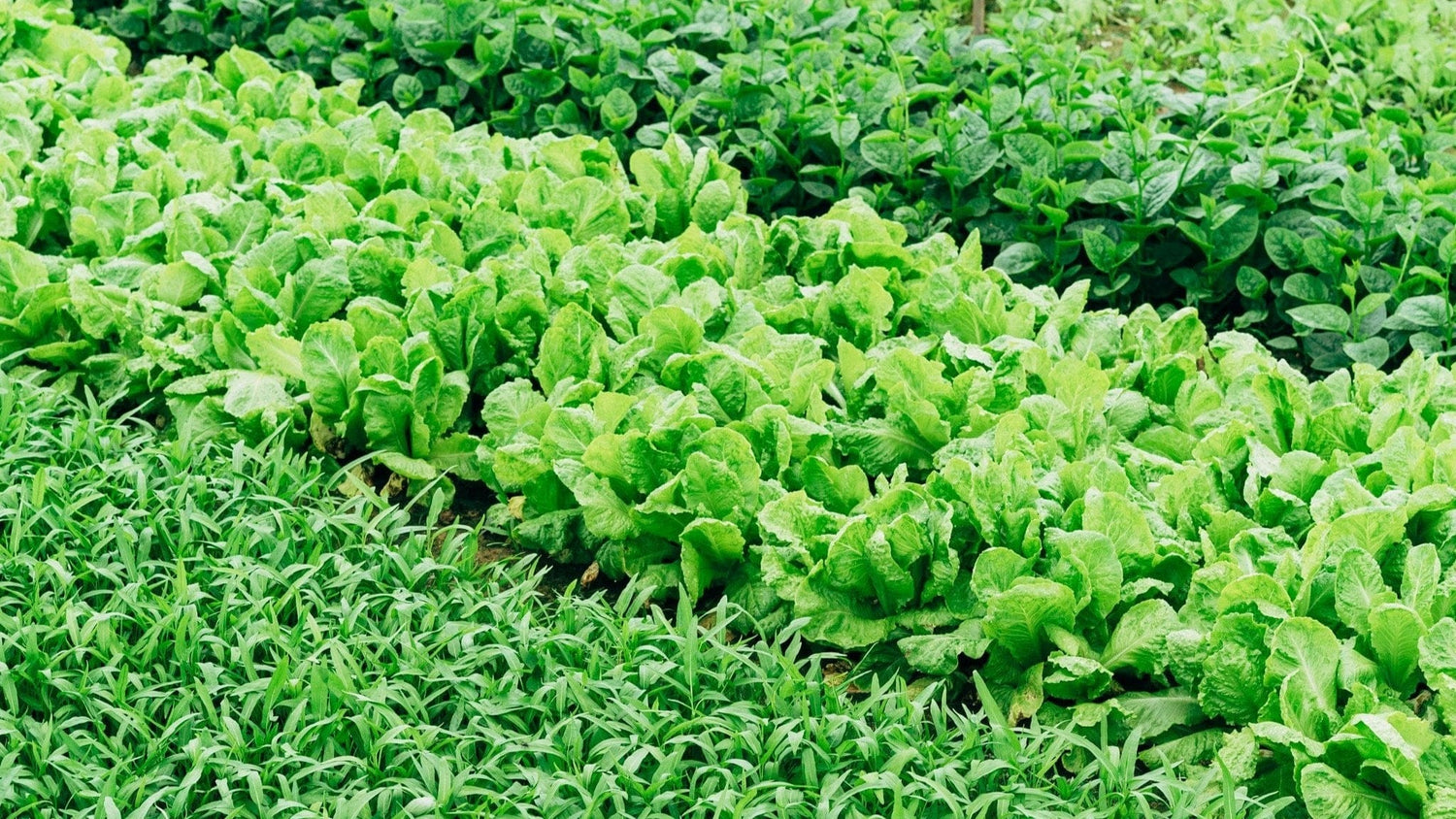
 How to Harvest a Lettuce
How to Harvest a Lettuce
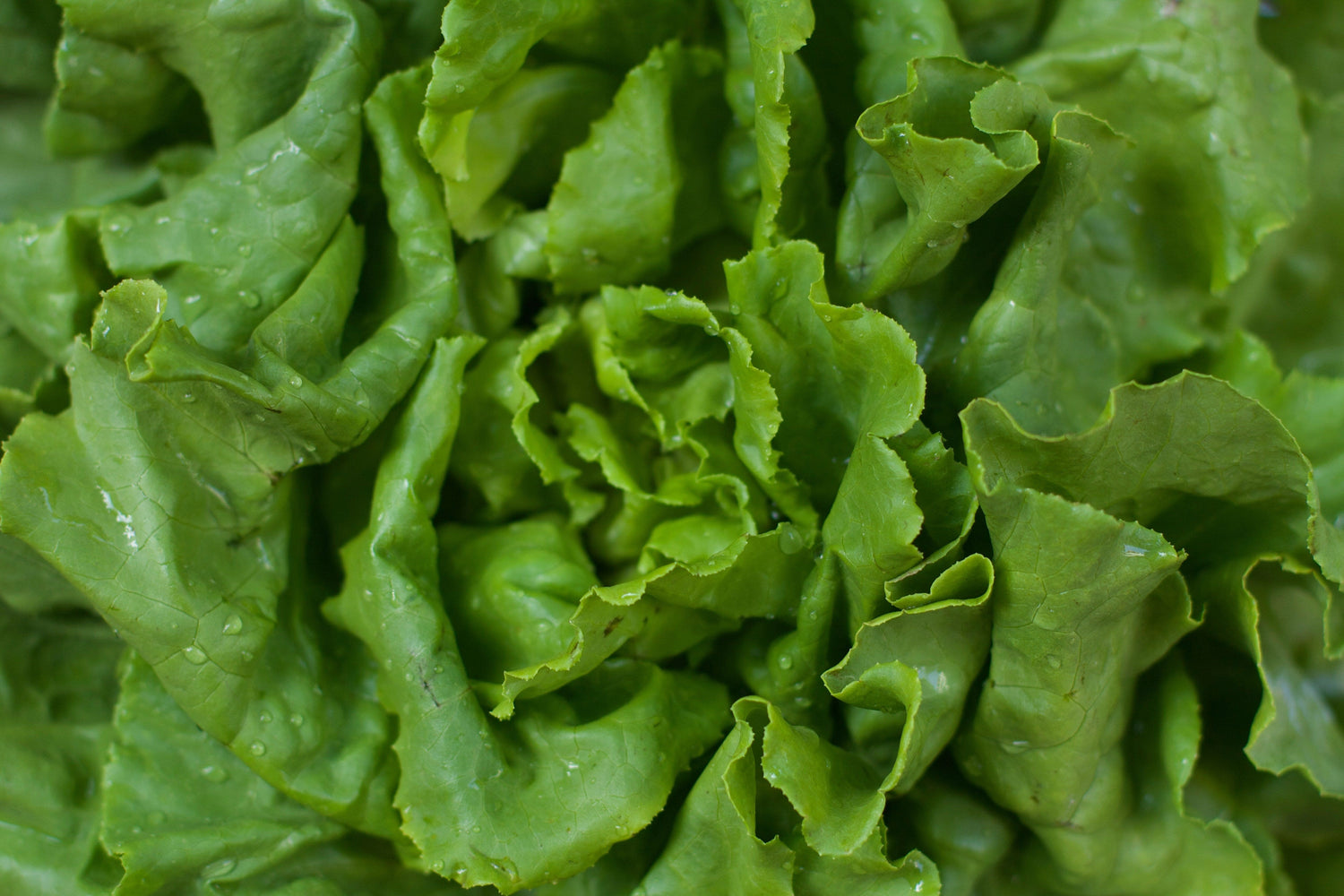
 How to Grow
How to Grow
 Soil Preparation
Soil Preparation
 Sowing
Sowing
 Planting
Planting
 Plant Care
Plant Care
 Harvesting
Harvesting












